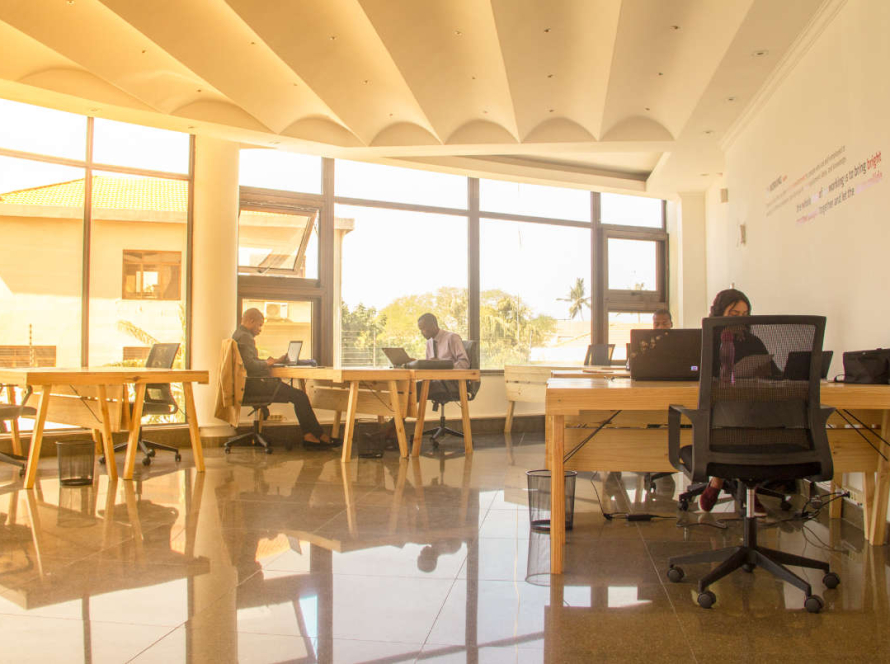Over the past two years, while the COVID-19 pandemic was at its peak, most companies and businesses around the world have made a rapid transition to remote work and redoubled their focus on customer service through digital channels. Even with vaccination allowing the return to activities gradually, many companies chose to keep employees in remote work, with the justification that this work model contributes to the reduction of expenses and offers more comfort and flexibility to workers, without damaging to the quality of services. This new reality has created an increase in demand for digital resources, products and services. At the same time, to circumvent some risks, it became necessary to redouble the cyber security efforts of these digital operations against attacks, in order to guarantee business continuity as well as the protection of companies and customers.
Although often overlooked ,cyberattacks are frequent and can be devastating to organizations and businesses, and can cause incalculable damage to the business. This can affect any company’s bottom line, as well as its market position and consumer confidence. One of the last major media attacks in Mozambique took place in February 2022 when unknown hackers corrupted and took over information from the pages of government entities, leaving them inaccessible for a long period.
It is important to remember that a cyber attack is any attempt to expose, alter, disable, destroy, steal or gain access to any device or platform without prior consent. Therefore, it becomes necessary to address the new risks arising from the move to a remote work environment, ensuring the necessary technology. At the same time, it is also necessary to anticipate threats to allow an adequate incorporation of security into your operations. Cybersecurity, therefore, must be seen as a strategic partner in business decision-making and essential for the well-being and full confidence of those who work remotely.
Technical and organizational cyber security measures
Taking and incorporating the following technical measures can prove to be quite relevant for remote work security: the creation of a virtual private network, data media encryption, multifactor authentication, network segmentation and protection, and mobile device management . Mobile devices are of particular importance because they often contain private company information that can be affected when moving from one workspace to another, compromising secure exchange of emails, calls or messages or participation in video conferences.
When moving to remote workplaces, organizational security measures play as important a role as purely technical solutions. This includes creating an information technology security department with clear responsibilities, either with the help of internal employees or external contractors; a defined security strategy; emergency management and implementation of an information security management system. Such an information security management system defines rules and processes for cybersecurity and follows a top-down approach from the management of the company.
The human factor is paramount
For comprehensive and effective cyber protection, awareness, training and, above all, employee involvement must be at the top of the priority list of decision makers and those responsible for corporate security. If classic office workers migrate home office , they also need to become security experts to some extent, either in their own interests or in the interests of the company. In this way, workers should be seen as partners to minimize the risks of cyber-attacks, and for this it is important that they are trained and trained in the identification of risks, such as suspicious links, spam and malicious sites, to minimize damage and ensure business continuity.
Anticipation
The ability to quickly and consistently react to cybersecurity-related incidents, restore operations and minimize the impact of such events is becoming increasingly relevant to business success. In this context, existing mechanisms and processes for data protection, information recovery and backups need to be reviewed and possibly rethought. With regular training and emergency drills, you can ensure that adjustments reach all employees. Another way is to establish a well-experienced security team that employees can identify with and that they can confidently and fearlessly turn to if they have security concerns.
Read also: What is crowdfunding and how to do it?
Integration
Another less important factor in the success of cybersecurity in remote jobs is the security of the people with whom the employee interacts on a day-to-day basis. This means that the most comprehensive security possible cannot be achieved only by improving conditions on one side, but must penetrate all areas of the enterprise or reach all possible devices. Best practices must be practiced and implemented by all employees without exception. A specific example is sharing security knowledge that different people in different areas of work have acquired in the context of their tasks, thus avoiding the retention of important and valuable information for the security of remote work operations. In the end, everyone benefits and security benefits from everyone’s contribution.
Conclusion Working in the cloud , the increase in access points, ransomware attacks and phishing emails are some of the factors related to the security of those who conduct their tasks remotely. Working in a home office environment needs to be accompanied by measures that minimize vulnerabilities and considerably reduce the possibilities of a cyber attack. To ensure security in remote work, information technology managers, as well as employees who use company equipment, must prioritize continuous improvement in security mechanisms to prevent intrusions. This involves training and awareness of users of the company’s devices and networks to minimize flaws that could be used by cybercriminals. Improving the security of personal devices and adopting clear and efficient procedures that help ensure more security in remote work is also of great importance. Another measure involves investing in multifactor authentication, which requires other requirements to access the corporate network, in addition to the traditional login and password. An example of this is sending a code via SMS to access information technology resources. The more care a company takes with information security, the more likely it is to take full advantage of the home office, and for this it is essential that the company’s own employees commit to the defined processes and assume responsibility for ensure the security of your own devices.
Read also: What are startups?




